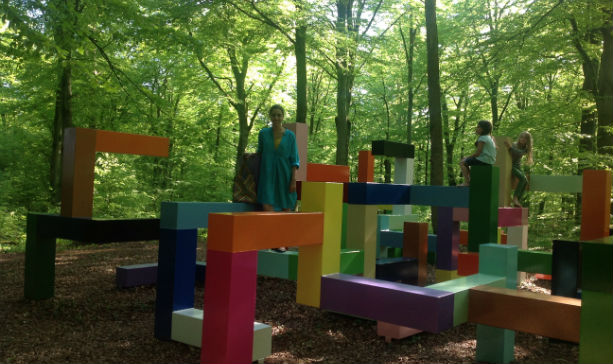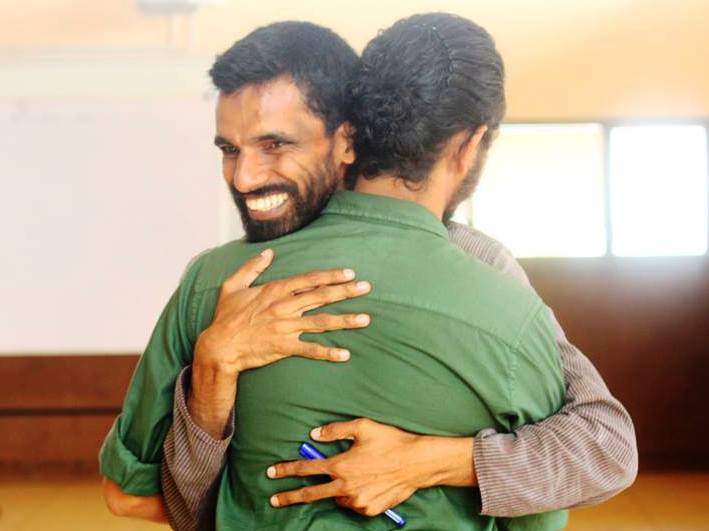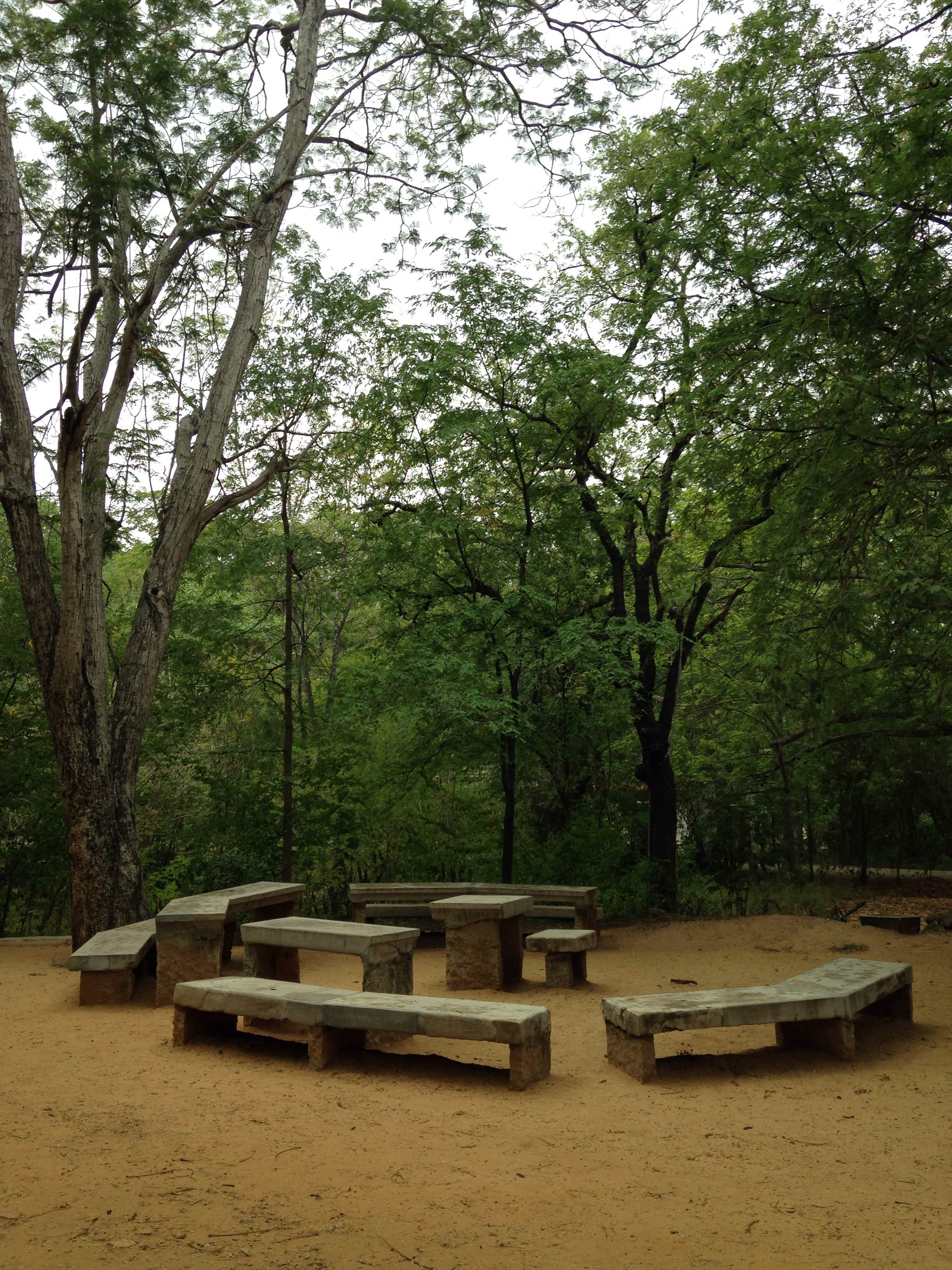A Charge-sheet Against Education
This incomplete draft is a random and hurried list of the pressing issues that educationists face in schools. Co-written with my friend ABDUL AZEEZ, in an attempt to pen the vision and mission of a school he has been struggling to build in his native place in Malappuram district.
What’s wrong with our education system? Well. That’s a very old question; least original. But pertinent and perpetual, annoying and depressing. It has been very urgent and too burdensome for sensitive minds for so long. And yet it remains what it is. Answerless and cacophonic.
The history of modern education system is self-explaining, particularly about its ideological pathology. It was invented not to liberate minds and bodies – let alone souls – but to tame future citizens to make them better consumers of ideas and goods. Being historically modeled after the infamous factory system, since industrial revolution, the education system aims at conformity and obedience. By using factory-borrowed mechanisms like uniforms, bells, infrastructure, subject-wise arrangement of curriculum et al, it effectively achieves thought-control of pupils, i.e., generations. It has never been child-centered; in fact, it had never been intended to. The learner has no autonomy or control over what she has to study; her physical, emotional and spiritual requirements are completely neglected; her cognitive capacity to absorb something is examined through mere memory test methods; creative and subjective explorations are thwarted and no space offered for holistic growth or human fulfillment.
The State, the system, and endless smaller power structures have continuously made sure that the status quo is not even slightly challenged by the content and structure of education. Yet, there are never-ending reform processes, often State sponsored, with no real change in the outcome. The system is benefited from and maintained by the education system, serving as Ideological State Apparatus.
Since the advent of the colonially propagated education system, a lot of things have changed historically. Even the economy and culture have undergone drastic reforms and transformations. The world has realised that creativity and critical thinking are essential for a human being to meaningfully and beautifully exist. Even for financial survival and entrepreneurship, a capitalist world order would also demand, one has to be creative and critical. However, unfortunately, none of these concepts have found practical ways to the schooling system. We still follow old-fashioned, outdated methods, blindly and irrationally. In terms of theory, every educationist admits this folly, yet none dares for a structural reform. Except a few remarkably original experimental exceptions. Very few educational institutions are there who have attempted bold and innovative experiments based on this understanding. As a result, the children come out of those institutions are far more creative, compassionate, vibrant and self-esteemed.
In classrooms, what we do is teach and teach and teach; yes, with great enthusiasm and sometimes even with inspiration. We, almost always, stupidly underestimate the immense capacity of a child to learn by herself. A child could learn far more than we could ever teach. A child can explore broader and deeper than we could ever lead her to. This is an aspect we forget very easily. The child’s learning potential is too huge to imagine for us. What we end up doing is to limit her potential, by giving too many input, by continuous knowledge feeding, by molding her in the ways we want to, by imposing our thoughts and dreams upon her, and eventually stalling her growth.
Another issue at schools and classrooms is that there is an authority that constantly hangs around, dictates and gives lectures; you are bound to listen, obey and imitate. The communication urge among peers and the movement needs inside or outside classrooms are least respected. A child’s original articulations are unwelcome. There is an imposing, threatening, intimidating, undemocratic violence prevalent in the context of education. For long, continuous hours and days and years, our education system forces students to do things that do not interest them.
Though science, particularly child psychology, has discovered that there are clearly distinct stages of cognitive development for a child, we never seriously address this in a curriculum. Of course, the stages of a child are considered, mainly by classifying the schooling system into lower primary, upper primary and high school stages. Nevertheless, it is neither proper nor enough. The classification has to be more scientific, based on the emotional, psychological and intellectual needs of the child. We currently classify children for the administerial convenience, downplaying the stages of growth. As a result, the subtle differences of each age are not counted; even the efforts to change this works within old frameworks.
Another major drawback is that we give too much focus on examinations. An examination is a timely performance; it’s not an exhibition of understanding or knowledge or mastery. Commonsense would tell you that it is about remembering a particular information or idea for a particular moment or day. No skill is tested, no information is permanently retained, no care is given to nurture the multiple intelligences of a child. Grades and marks are used to further classify and compare children, which is again unfair and inhuman. The overemphasis on examination and its results is a pure disservice to the real cause of education. It undoes its spirit.
One need not go anywhere to find reasons for education being such a mess. Despite very huge investment of time and money, by the State and private agencies including corporates, no remarkable achievement is attained by children is a painfully self-evident truth; the process in no ways contributes something fresh to enlighten or enrich the society as well.
We have to acknowledge the simple fact that each child is unique, different and immensely promising. She lives in a completely different world – physically, emotionally, intellectually and spiritually. Are we honestly concerned about this individuality? Everything including the unique and multilayered identity, personal histories, traditions and cultural nuances, socio economic status, family background, emotional landscapes, spiritual realms et al vary from pupil to pupil. Do our schools posses any mechanism capable enough to look at these differences? Do they aim at the child’s holistic growth? After all, what should a society aim through education? Imparting knowledge or equipping with skills or imbibing values or empowering to contribute to a better society or something else?
Is Change Possible?

Let art, music, dance, theater, meditation, gardening and farming be at the centre of the frame; not just annual “extra-curricular” activities for entertainment and additional grades.
Having randomly listed the major issues of our education system, it becomes an added responsibility for us to shed some light on possible solutions. Being parents, teachers, artists, travelers, responsible elders. It would be dishonest to claim that there is a magical cure or miraculous pedagogic method newly found to the ailments of the system. No, there isn’t. But, each one of us has the responsibility to find new ways to walk ahead. We would be able to successfully devise effective strategies to implement a fresh perspective and approach towards practicing that vision.
Effective individual learning is quite possible and pupils show immense creativity in the learning process that extends beyond classroom spaces and classroom hours. Learning is a life-long process. On the other hand, if right atmosphere and true inspiration are provided, any child can learn more than we could ever teach. Every child is infinitely gifted with so many beautiful possibilities, and we could facilitate her growth. When the current education system addresses only the brain of the child, a different school has to acknowledge and address the reality of body, mind and soul.
Aesthetics of the campus and its infrastructure are of high pedagogic value. Of course, that wouldn’t mean an expensive posh ambience. Natural, eco-friendly, lovely, creative, shaded open spaces are enough. The teachers’ resourcefulness in terms of knowledge, resilience to child’s needs and evolutions, warmth, readiness to relearn and unlearn are again vital. A true school is a movement in progress, organic and dynamic, evolving and ever-growing.
Apart from the regular usual subjects like language, science, mathematics etc,. we have to take art, music, dance, theater, meditation, gardening and farming to the centre of the frame. Typically, they are annual “extra-curricular” activities for entertainment and additional grades. They have to be well integrated to the curriculum, with a vision and purpose. We have to encourage and help our parents to reimagine their children’s future as poets, thinkers, artists, travelers, writers and musicians too, not just doctors and engineers. The beauty and strength of being human could be restored and adorned at every phase of life. It is possible.

